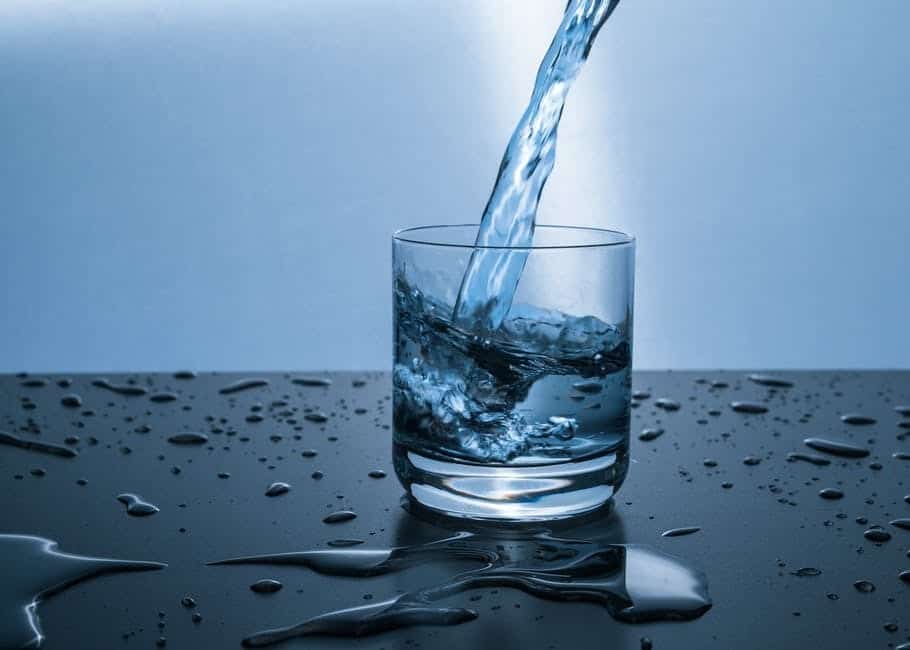Now that summer has started, you might be thinking about staying hydrated, but did you know that many substances can cause you to be dehydrated? Those treated for addiction often neglect their water intake due to substance side effects or using substances as an alternative to drinking water.
Why Hydration Is Important
Water is essential for your body to function as it comprises 50-60% water. The water in your body helps your mouth produce saliva, and your body passes food through the digestive system. Water is vital for your sweat glands, bloodstream, and even your joints. Dehydration can cause many issues in your body, such as dry skin, dizziness, kidney stones, dry mouth, and constipation.
How Different Drugs Affect Hydration
Alcohol
Alcohol can contribute to dehydration because alcohol is a diuretic. A diuretic is any substance that causes your body to urinate a large amount, which can affect the water level in your body. As a result, consuming alcohol while dehydrated can worsen your condition because your body is getting rid of more water than you are taking in. Dehydration often contributes to the severity of a person’s hangover. A person who drinks alcohol while dehydrated might experience severe headaches, vomiting, and digestion problems.
Those with alcohol use disorder (AUD) or alcohol dependency are likely to be dehydrated because of how alcohol impacts a person’s water levels. They are most likely not staying hydrated while drinking or might turn to alcohol instead of water.
Ecstasy
Drugs like ecstasy are well known for causing dehydration. People who take ecstasy report feeling extreme thirst and sweating a lot. Drugs like ecstasy can cause your body to go into overdrive, which means you need to use more water to keep up. Dehydration while on ecstasy can be even more dangerous since it’s often used as a party drug. Those who take ecstasy are often at clubs, raves, or festivals where they are dancing in a hot and crowded location. This combination is why those who take this specific drug in these environments risk passing out from heat exhaustion.
Cocaine and Methamphetamines
Stimulants can cause dehydration both because the symptoms caused by these drugs can cause excessive sweating and activity and because a person who takes cocaine or methamphetamines might forget to drink water. Those on methamphetamines might be awake for days until the drug wears off. Methamphetamines also cause a lack of appetite, which means a person is likely to be nutrient-starved. Since they aren’t eating or drinking anything, they aren’t intaking water. Cocaine can also cause people to eat less and not take in critical nutrients and water-rich foods.
Opiates
Opiates include both legal prescription drugs and illegal substances like heroin. Opiates like oxycontin have a side effect that causes constipation, resulting from the drug’s impact on your body’s ability to pass food through your digestive system. The drugs decrease the contractions in your intestines that push waste through them. This lack of movement causes the waste to absorb too much water, resulting in dehydration. Those who misuse prescription opiates or use opiates like heroin also might find themselves dehydrated because they forget to drink water while under the influence. While a person on heroin is high, they won’t be aware of their needs and might ignore thirst or hunger, causing weight loss and dehydration.
Dehydration During Detox
When a person is quitting substances, they may need to go through medically assisted detox. This kind of detox is crucial for people with mild to severe addictions, as withdrawal symptoms feel worse if the person has been using these substances for some time or in large amounts. Many drugs have withdrawal symptoms that cause dehydration, such as vomiting, sweating, and diarrhea. During detox, it isn’t uncommon for some people to need an IV to provide them with the proper amount of fluids. This massive fluid loss can also make withdrawal symptoms feel that much worse. Dehydration can contribute to symptoms of fatigue and headaches.
Hydration and Addiction Treatment
Staying hydrated is a significant part of the treatment process, specially during alcohol or cocaine addiction treatment. After detox, your body is still healing from the substances that were in your body. A person will still feel withdrawal symptoms in early treatment, making nutrition an integral part of the healing process. Meals that are prepared need to include water-rich foods like leafy greens in order to rehabilitate the person. Water intake can help the healing process and relieve symptoms. Water intake can also help a person maintain a healthy weight, as it can help balance appetite and allow for easier digestion of nutrients.
The truth is that many people don’t drink enough water. Doctors recommend eight glasses a day. However, those who use substances are often dehydrated because of their substance use. Whether you’re dehydrated because of the substance’s direct effect on your body’s ability to retain water or because the substances cause you to forget, it can take an enormous toll on your body.
It can negatively affect your mental and physical health. Drinking water and staying hydrated are crucial parts of the treatment and recovery process, so treatment and rehabilitation places like Villa Oasis San Diego place an enormous emphasis on hydration. As the weather gets warmer, hydration becomes that much more critical.
If you would like to know what you can do to stay hydrated and more about how substance use affects your water levels, call us today at (323) 739-8673.




